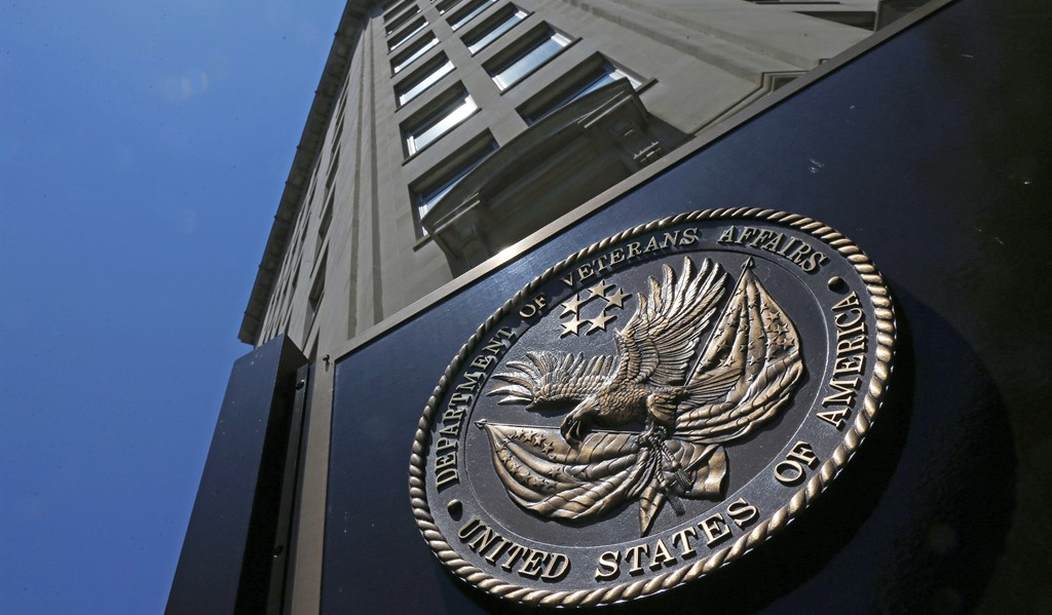Back in the early 90s, we had the opposite problem that we're facing today with our military recruiting efforts. We actually had too many people serving on active duty and we were overrunning the Pentagon's budget. (This was back when people in Washington actually paid attention to such things.) As a result, the Army began offering some service members cash incentives to voluntarily leave early. In 1992, Vernon Reffitt was one of the people receiving such an offer. He accepted a one-time $30,000 check to pack up his duffle bag and go home. But he had been injured during his service and later began receiving monthly disability compensation payments that helped him get by. But now, the federal government has notified the 62-year-old veteran that he must repay the $30,000 he was given. When he was unable to do so, they began withholding his disability payments. How did anyone in Washington think this was an appropriate action? (NBC News)
Vernon Reffitt got $30,000 to leave the Army in 1992. It was a one-time, lump-sum special separation benefit offered to service members when the U.S. had to reduce its active-duty force.
Now, more than 30 years later, the federal government wants that money back.
In May, the Department of Veterans Affairs began withholding the monthly disability compensation payments that Reffitt had been receiving for three decades until he repays the $30,000. It would take the 62-year-old nearly 15 years to do so.
The decision was reportedly based on an obscure law that prohibits service members from receiving separation benefits while simultaneously collecting disability compensation. That seems nonsensical because at the time that he received the initial separation benefit, he was not yet receiving disability payments, so it wasn't "simultaneous." Vernon is no less disabled today than he was last year and that disability came as a result of his service to our country. There should have been no interruption to those benefits.
Further, Reffitt never even asked for the separation benefit to begin with. The Army came to him with the offer and he accepted it. If the government made the payment in violation of some obscure law, that is obviously a case of a mistake on the part of the government, not the service member. The correct response at that point should have been to say, "Oops. Our Bad. But you can keep the money since we offered it to you and you gave up your military career at our request."
As soon as this error was recognized (and this only happened recently) it should have been easily corrected. This is all unfolding in Washington, the place where our laws are crafted. Congress could have amended that law with the stroke of a pen and provided exceptions for anyone in the same position as Vernon Reffitt. And there are reportedly a lot of veterans who are currently over the same barrel. The government has forced at least 79,000 veterans to repay separation benefits over the past ten years and there are still thousands of them going through this process. The fact that this situation wasn't brought to the attention of the public until now is scandalous.
We are still in the midst of a recruiting crisis. The government has made the idea of enlisting to serve in the military less and less attractive and our recruiters are coming up short. The world is currently becoming engulfed in war and we need to be at maximum readiness. Is this sort of news the type of public relations that the Army should be allowing? Does anyone think that Mr. Reffitt's experience will make the idea of enlisting in the Army more attractive? Congress needs to get off the stick and retroactively amend that law. And they need to refund all of the money to the veterans who have already been similarly fleeced. A public apology from the President and the Joint Chiefs wouldn't be amiss either.








Join the conversation as a VIP Member